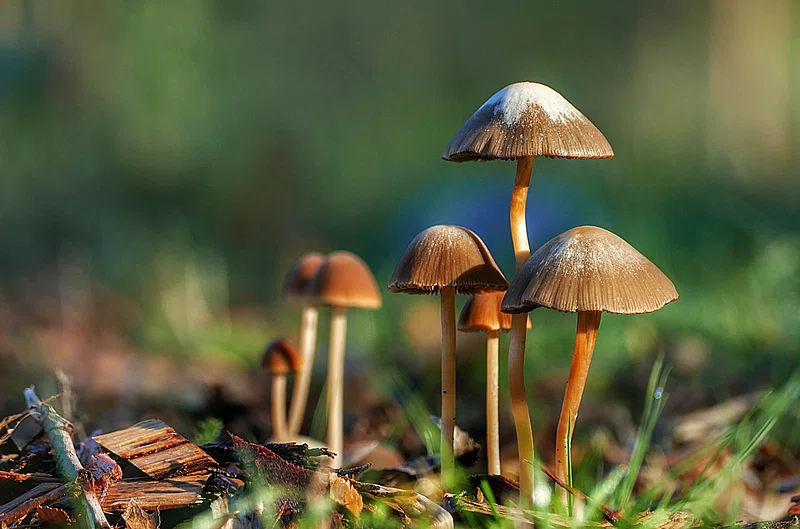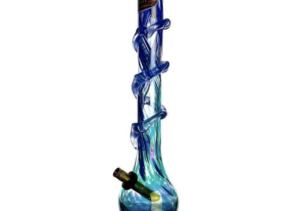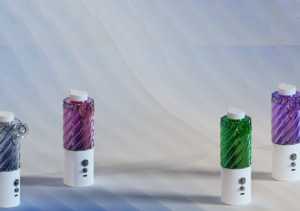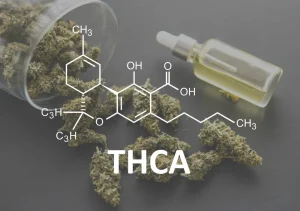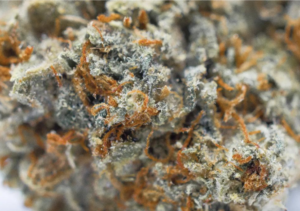Psychedelic substances such as psilocybin, the active compound in magic mushrooms, have been a point of interest in cultural practices for centuries and, more recently, have found a place in modern medical and psychological research. Traditionally used in spiritual ceremonies, these mushrooms are gaining recognition in scientific circles for their potential therapeutic benefits. Emerging studies suggest that when administered in controlled environments, psilocybin can have profound effects on mental health, possibly aiding in the treatment of depression, anxiety, and post-traumatic stress disorder.
Contemporary research reveals that magic mushrooms can foster significant and lasting improvements in mental health under the right conditions. The psilocybin experience is often described as providing a shift in perspective, characterized by an increased openness and sense of interconnectedness. It is this shift that may catalyze positive psychological changes. Clinical trials have shown promise, for instance, in psilocybin’s ability to alleviate symptoms of depression, even in cases where patients have been resistant to conventional treatments.
Further investigation into these compounds aims to unravel the neurological mechanisms at work. Preliminary findings indicate that psilocybin might stimulate neurogenesis and create new neural pathways, potentially rewiring the brain to break free from entrenched patterns of negative thought associated with various mental health disorders. Researchers are proceeding with care, as the effects of these substances are powerful and the risk of misuse remains. Nonetheless, the controlled use of psilocybin continues to represent an exciting frontier in the understanding and improvement of human mental health.
Therapeutic Potential
Magic mushrooms, containing psilocybin, are experiencing a renaissance in scientific research due to their promise in treating various mental health conditions and contributing to neurogenesis.
Mental Health Treatments
Research demonstrates that psilocybin, the active compound in magic mushrooms, has significant efficacy in treating depression. A pivotal study published in JAMA Psychiatry found that psilocybin therapy produced rapid and large reductions in depression symptoms among participants. Following the therapeutic use of magic mushrooms, individuals with treatment-resistant depression showed substantial improvements, sometimes after a single session.
In the realm of anxiety, particularly end-of-life anxiety, clinical trials suggest that a combination of psilocybin-assisted therapy can lead to sustained reductions in anxiety among patients with life-threatening cancer diagnoses.
Neurogenesis and Neuroplasticity
Scientists are also investigating the effects of psilocybin on brain function, specifically its ability to promote neurogenesis – the growth of new neurons. Findings indicate magic mushrooms could potentially encourage brain cell regeneration, especially in the hippocampus, which is associated with learning and memory.
Regarding neuroplasticity, the brain’s ability to reorganize itself by forming new neural connections, studies have shown that psilocybin can stimulate the growth of new dendrites and spines, suggesting enhanced synaptic plasticity. This could underpin some of the long-lasting changes in cognitive and emotional well-being reported by users.
Physical Health Benefits
Psychedelic mushrooms, commonly known as magic mushrooms, have shown potential in providing some physical health benefits. Research into these benefits is still ongoing, but early findings suggest notable implications for inflammatory conditions and digestive health.
Anti-Inflammatory Properties
Psilocybin, the active component in magic mushrooms, has been observed to have anti-inflammatory effects in the body. In particular, studies have shown that psilocybin can lead to the suppression of certain inflammatory markers. This can be potentially beneficial for individuals with chronic inflammation-related diseases.
- Reduction in inflammatory cytokines
- Potential decrease in the risk of chronic inflammation
Digestive Health
Magic mushrooms may also have a positive impact on digestive health. The serotonin receptors affected by psilocybin also exist in the gut, which suggests possible gut motility and secretion improvements upon the compound’s ingestion, although more research is needed to establish clear outcomes.
- Involvement with serotonin receptors in the gut
- Indications for improved gut motility and secretion
Spiritual and Cultural Significance
Psychedelic mushrooms have held a revered place in many traditions for their perceived ability to engender profound spiritual experiences and cultural rituals.
Traditional Use
In various indigenous cultures, particularly in Mexico and Central America, Psilocybe species of mushrooms have been integral to spiritual and religious ceremonies for centuries. The Mazatec shamans of Oaxaca, Mexico, have utilized these mushrooms, referred to as “hongos sagrados” (sacred mushrooms), in healing rituals and divinatory practices. Detailed historic accounts by early Spanish chroniclers describe the ceremonial use of these mushrooms. They document rituals involving Psilocybe during which involved visions and communing with the spirit world were actively sought after for guidance and wisdom.
Modern Spiritual Practices
Contemporary spiritual seekers often embrace the use of magic mushrooms in their practices. These mushrooms are sometimes utilized within supervised, structured settings for their potential to create powerful and transformative psycho-spiritual experiences. In today’s Western context, Psilocybe mushrooms have found a place in modern therapeutic modalities, such as:
- Guided psychedelic therapy: where mushrooms are used as a tool for psychological healing and self-discovery.
- Retreats: offering structured experiences in controlled settings, focusing on personal development and spiritual insight.
The incorporation of these fungi into contemporary spiritual practices reflects a growing interest in alternative states of consciousness and the therapeutic potential of entheogenic substances.
Legal and Safety Considerations
The legal status of magic mushrooms varies by region, and their potency requires careful, informed usage for safety.
Decriminalization Movements
- United States: Several cities have decriminalized the possession of magic mushrooms, including Denver, Colorado and Oakland, California.
- International: Countries such as Portugal and the Netherlands have made moves to decriminalize or tolerate the sale of psychedelic mushrooms.
Decriminalization does not equate to legalization, but it can indicate a shift in public perception and a decrease in legal penalties.
Responsible Usage
- Dosage: Begin with small doses, as the potency of psilocybin can vary widely.
- Settings: Use in a safe, comfortable environment, preferably with a sober sitter present.
Appropriate use involves understanding the potential risks, including the possibility of psychological distress or unintended interaction with other substances.
